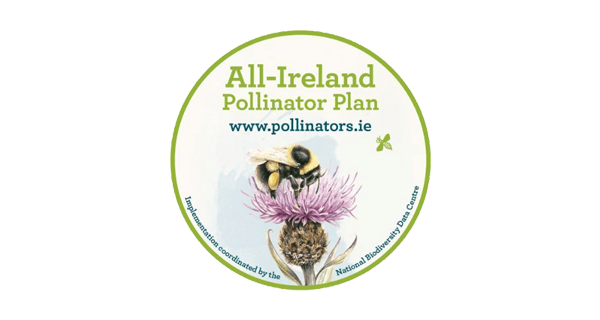
Sustainability
Sustainable energy is the future
Sustainable energy can be defined as meeting the needs of the present without compromising future generations. In March 2024, the World Meteorological Organisation published a report confirming that 2023 was the warmest year on record. Average global temperatures in 2023 reached 1.45°C above pre-industrial levels – just under the 1.5°C threshold established in the Paris Agreement. The imperative is now on us all as local, national, and international communities to do what we can to limit global warming and its effects. With its abundant natural resources, Ireland can be a world leader when it comes to renewable energy integration. We are already on the right path to decarbonising our energy system, but we cannot afford to lose momentum.
The global conflict and geopolitical instability we have witnessed over the past few years have put the spotlight firmly on the security of our energy supply. Most of us still use fossil fuels to generate the electricity that we use to heat our homes and run our cars. However, burning these finite resources releases greenhouse gases like carbon dioxide into the atmosphere, exacerbating climate change.
Our energy security and independence can only be achieved by investing in renewable energy. Rolling out clean energy projects helps lower energy prices while also helping to protect us from the worst impacts of climate change.
The Gortloughra Wind Farm project will contribute 48MW of renewable energy onto the Irish Grid which is equivalent to powering almost 140,000 Irish homes.
What are the Sustainability Goals?
The Sustainable Development Goals or Global Goals are a collection of 17 interlinked global goals designed to be a “blueprint to achieve a better and more sustainable future for all”. The SDGs were set up in 2015 by the United Nations General Assembly and are intended to be achieved by 2030.
Though we have many initiatives that can be linked to different SDGs, our positive impacts are concentrated around the Affordable and Clean Energy (SDG 7) and Climate Action (SDG 13) goals.

Goal 7 aims to ensure access to affordable, reliable, sustainable and modern energy for all.

This goal calls for action to combat climate change and its impacts.
The sustainability of a project is also strengthened by delivering climate action and ensuring a responsible supply chain. Supply chain management covers health and safety, environment and climate, human rights, labour rights, and business ethics. Sustainability is also supported by engaging in essential and meaningful stakeholder engagement.
Powering Nature

We are committed to ensuring that our projects are developed in a sustainable way. We are an active supporter of the All-Ireland Pollinator Plan, an initiative which brings together different sectors across the island of Ireland to create a landscape where pollinators can survive and thrive.
We do this by:
- Sowing wildflower meadows and areas of species-rich grass
- Enhancing hedgerows
- Planting trees
- Creating bird and insect boxes
- Supporting local beekeepers

Biodiversity Management Plan
When we are developing our renewable projects, we incorporate environmentally sustainable measures into the project design, while doing our utmost to regenerate or enhance the environment and biodiversity of the project site. Biodiversity will be integral to the project and our goal is to help maximise the potential for the area. Therefore, a Biodiversity Management Plan will be provided as part of the planning submission. The plan, which will be published alongside the other planning documents, will be based on extensive research conducted by consultant ecologists and ornithologists and will include:
- Results from the habitat assessments
- Ecological enhancement measures
- How these will be monitored over time
We also acquire land in the project area for sustainability enhancement which will be based on the extensive reports being developed by the consultants. This may include measures such as improved drainage systems and hedgerow regeneration.
